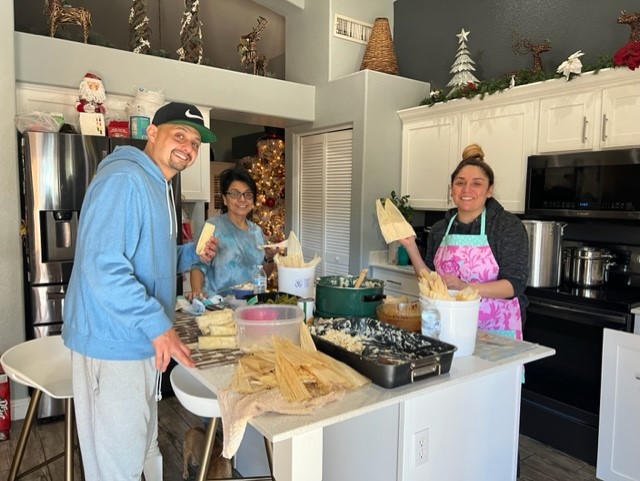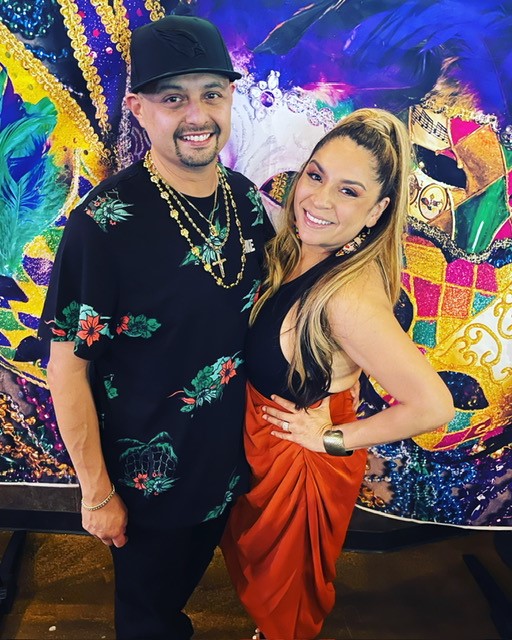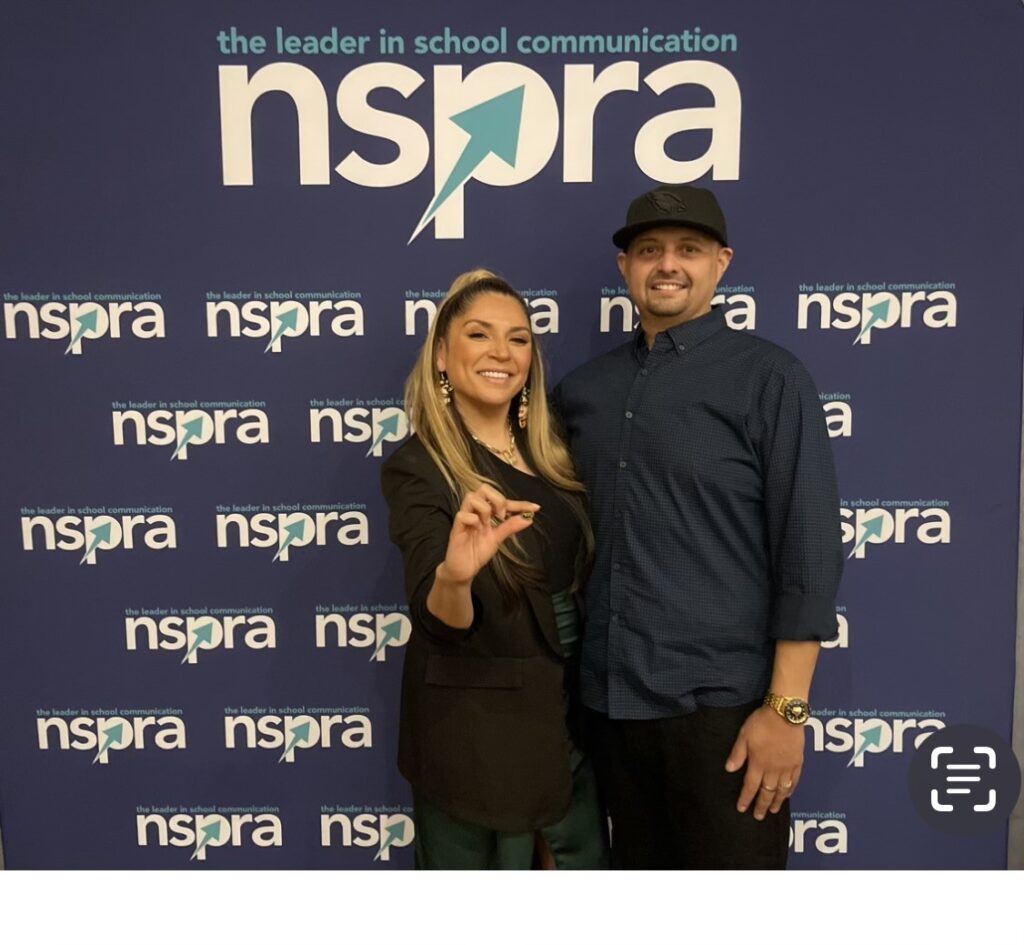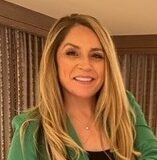Q: How did your family and culture influence who you are today?

My Hispanic background has profoundly influenced who I am today by emphasizing the significance of food, family, connection, and music. Growing up, I was exposed to a rich tapestry of flavors and recipes passed down through generations. Our tight-knit extended family has always been there to support and guide me. My culture encourages open communication, empathy, and strong bonds with friends and family. These values have shaped the way I interact with others and have guided me towards building meaningful connections throughout my life. The sense of belonging and unity that my family has instilled in me is a bedrock upon which I’ve built my life.
Q: Why is ACEE important to you?

A program like the Arizona Council on Economic Education is invaluable for a Latina woman like me who had to independently acquire financial literacy skills to break the cycle of financial disparities in my family. Growing up, my family lacked crucial financial safety nets, such as life insurance or a contingency plan for job loss or illness. This program fills the knowledge gap, offering vital insights into budgeting, investing and financial planning. It equips students with the tools to secure their financial future and create a foundation of stability for generations to come. It’s not just about personal empowerment; it’s about transforming communities and breaking systemic cycles of economic disadvantage.
Q: Why do you care about financial and economic education?

Teaching financial literacy to kids of color, including those who grew up in disadvantaged backgrounds like me, is crucial. Our communities have historically faced economic disparities and limited access to financial education. By empowering us with financial knowledge, we break the cycle of poverty and build a foundation for economic stability. It equips us to make informed decisions, manage money wisely, and pursue opportunities for growth. This education is not just about dollars and cents; it’s about breaking barriers, reducing inequalities, and giving every child a chance to thrive, regardless of their background. It’s an investment in our future and a path toward economic empowerment.
